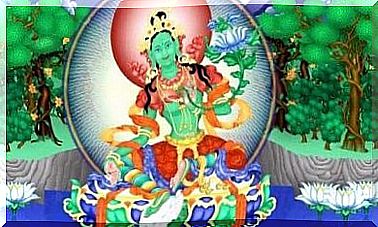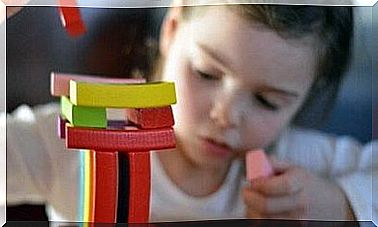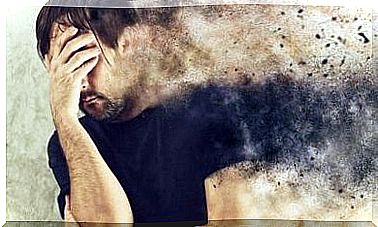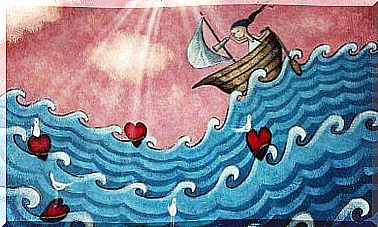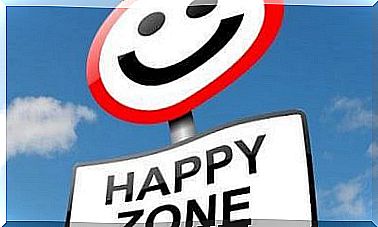Being Different: Necessity, Virtue Or Challenge?
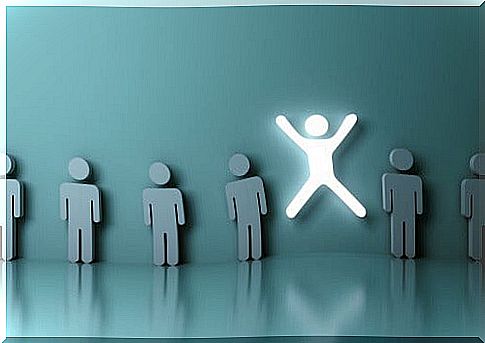
Each of us is unique and unrepeatable. No two personalities are alike, we all have a different way of feeling, acting, thinking and making decisions. The combination of genetic and environmental variables – our past history, our experiences, our context, etc. – determines our way of being. But what does it mean for you to be different ?
Being different can be experienced as positive or negative depending on the moment and stage of development in which you are. There are times in life when we strive to be as similar to others as possible.
Other times, however, standing out from the crowd becomes fundamental for one’s psychic development. And you, do you consider yourselves different? In what? Do you like it or do you just think it’s important?

Being different is a need that accompanies since childhood
Psychologist Margaret Mahler has developed a model of the stages of the child’s “psychological birth”. After the symbiotic phase, in which the child is not yet able to perceive himself as a being other than the mother, we move on to the separation-individuation phase. This phase is crucial for the acquisition of one’s identity, to perceive oneself as unique beings.
In this phase two processes take place (the same from which it takes its name). Through separation, the child makes an intrapsychic distinction with the mother; thanks to the individuation, that is the feeling of being, the little one assumes his own individual characteristics.
René Spitz, on the other hand, describes the psychic organizers of the child: the smile, the anguish of the stranger and the “no” of the dreaded 2 years. However annoying this phase of constant opposition may be, it is still a necessary stage for their maturation and development.
The constant denial is due to the fact that the child begins to perceive himself as different and independent. It is completely necessary for you to begin to be aware of your identity as an individual being. In a way, the same happens in teenagers too.
Being different in your teens can be a challenge
Adolescence is a time in life in which being equal to others takes on particular importance. In this phase the fear of being different arises, of not being accepted and, therefore, discriminated against. Group membership is perceived as fundamental and generally greatly affects the way the adolescent shapes his or her self-concept.
Nonetheless, adolescents live with the belief that they are unique, a phenomenon known as a “personal tale”. David Elkind describes this process as the adolescent’s feeling of being unique or different. This makes him believe that his thoughts and beliefs are different from those of others.
Elkind also described another phenomenon that can be associated with the importance given to being or not being different. It is the concept of “imaginary public”, that is the extreme concern of the image projected outside, the one that others have of us. Teenagers feel they are constantly being watched by others.
Faced with this feeling of constant observation, many adolescents, especially those with low self-esteem or low self-conception, are expected to do what they can to go unnoticed, to be part of the crowd, not to appear different ; since it could be perceived negatively and generate rejection from peers.

Neither need nor challenge… It is an immense virtue!
When you are young, you often feel the need to be different, and thank goodness! Showing that part of the identity that is forming is one of the greatest gifts one can give to oneself and to others, as it is a great demonstration of sincerity.
On top of that, it increases creativity and aids in decision making. Being different allows you to better appreciate and adapt to diversity. It makes you more flexible and open.
Defending one’s own ideas, even if different from those of others, allows the individual to grow while remaining faithful to his principles, and therefore to acquire a strong self-esteem and self-confidence. Being unique is a gift and as such we must learn to appreciate it. It is one of the greatest virtues a person can have.

